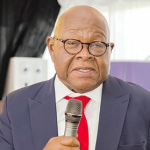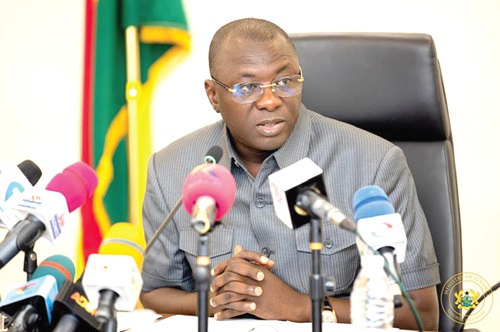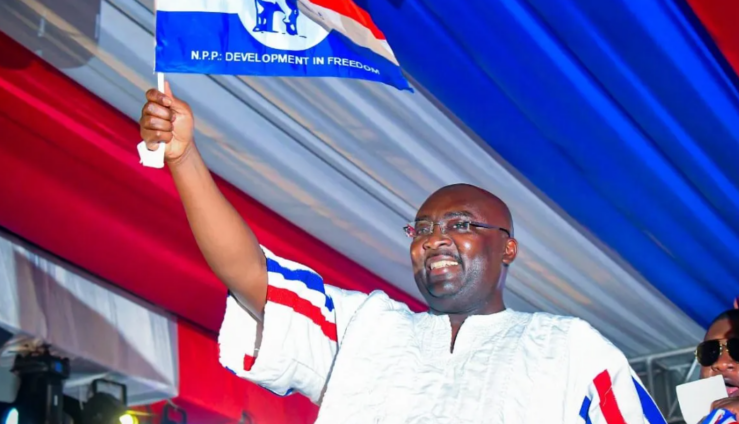Ghana’s unemployment challenges have persisted for years, and the government cannot use the recent COVID-19 pandemic and the Russia-Ukraine war as an excuse, the Trade Union Congress (TUC) has said.
President Nana Akufo-Addo and other government officials have cited the conflict and pandemic as major reasons for several economic challenges, including unemployment.
However, the General Secretary of the TUC, Dr Yaw Baah, has stated emphatically: “The job crisis did not start with Ukraine. The job crisis predates the Ukraine war. It came before Covid-19. Therefore, we think it is not right to blame Ukraine and Covid-19 for every job crisis we have in this country”.
Addressing members of the TUC at an Organized Labour Pre-May Day Forum 2022, Dr Baah also expressed concerns over the government’s unwillingness to engage the TUC over some perennial problems.
Working conditions and other issues have been major concerns, with some employee associations resorting to strikes for prolonged periods to press their demands.
“We hardly want to strike because a strike is a very difficult thing to do. It is like war, so before we declare war we have to make sure we have a good reason. This time we had a good reason to do this. The workers of this country are suffering too much, and we should not allow it to continue,” he expressed.
“Those who are in charge of this country must know that without workers, this country cannot progress. Therefore, this is the time to know that whatever they can do to support us, they should do it,” he pointed out.
What is the unemployment situation in Ghana?
According to data from the International Labour Organisation (ILO), Ghana’s unemployment rate was 6.81 per cent in 2015 but declined to 4.22 per cent in 2017.
Since then, the unemployment rate has been increasing to 4.27 per cent in 2018, 4.32 per cent in 2019 and 4.65 per cent in 2020.
This raises concerns over the needed impact of government programmes targeted at unemployment.
The World Bank also estimates that more than 110,000 youth graduate from universities every year, but the low economic output means that a significant per cent of the youth are unemployed.
A Ghana Statistical Service (GSS) survey also found that graduates spent an average of five years job-hunting.
In 2016, the World Bank projected that 300,000 new jobs would need to be created each year to absorb the increasing numbers of unemployed young people given the country’s growing youth population.
Government interventions
Meanwhile, the government has not turned a blind eye to unemployment.
Several programmes have been rolled out within the period that the current administration has been in office.
Among the interventions are: the Nation Builders Corps (NABCO), One District, One Factory (1D1F), Planting for Food and Jobs, and Rearing for Food and Jobs (RFJ), the National Entrepreneurship and Innovation Plan (NEIP), the Youth Employment Agency (YEA) and the National Youth Authority (NYA) in a bid to salvage the unemployment situation.
The Ministry of Finance also announced the government’s intentions to create at least one million jobs within the next three years in the 2021 budget.
In July 2020, Finance Minister Ken Ofori Atta revealed the government’s plans to introduce an unemployment scheme.
The unemployment benefits or insurance are meant to relieve the socio-economic burdens of those who fit the narrow definition of unemployment, thus, people without any means of livelihood.
















